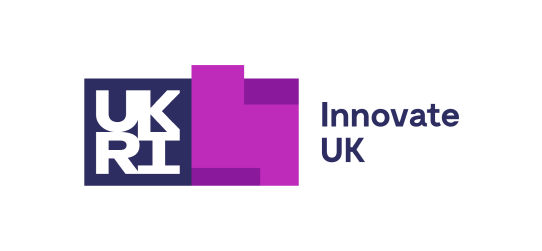Case Study
Automating the calibration of quantum computing devices
Integrate Machine Learning with quantum computing hardware and
software to optimise the calibration of qubits and push quantum computing forwards.

technology types where we've delivered qubit calibration optimisations.
speed increase in a quantum qubit calibration routine.
reduction in calibration pipeline time.
Problem:
Quantum computing has the potential to revolutionise a variety of industries and solve some of our most difficult challenges, such as drug discovery, fraud detection, and climate change forecasting.
However, quantum technology is currently in its infancy due to how complicated, resource-intensive, and time-consuming it is to get the technology to a state where it functions consistently, accurately and reliably without requiring continuous human oversight.
One of the most difficult challenges is qubit calibration, a time-consuming yet fundamental process that has to happen for a quantum computer to work. The devices which implement the quantum computing equivalent of a transistor cannot be fabricated with the consistency of classical hardware, and the setup and controls required to run each one as a qubit must be learned for each device, as well as updated and tracked over time. The challenge is made even more complicated by the sensitivity of these devices to their environment, and the financial cost of building and running them.
Solution:
Mind Foundry entered into a collaboration on a 3-year, £6.8 million InnovateUK funded project called AutoQT, led by Riverlane, with five other distinguished partners from the quantum sector: SeeQC, OxIonics, the National Physical Laboratory, the University of Edinburgh, and the University of Oxford.
Mind Foundry, together with our partners, has been working to use Machine Learning, specifically Bayesian optimisation, to create fast, efficient, and automated calibration routines for quantum devices. This will enable the sovereign UK quantum industry to speed up its roadmaps and accelerate the development of hardware required for commercially valuable applications.
The qubit calibration problem has been one of the main stumbling blocks holding the industry back, but our AI solution has already begun to show real results in speeding up this process and driving the technology forward towards the next major breakthroughs in multiple qubit technologies.
Results:
Through the AutoQT consortium, we achieved a 100x increase in speed for a calibration routine on a quantum device from the National Physical Laboratory. We have also demonstrated the integration of our calibration routines with Riverlane's control hardware, paving the way for the delivery of our solutions through their control systems. Mind Foundry has delivered calibration optimisations across 3 technology types, and for one of these has delivered 30x reduction in an entire calibration pipeline.

"Mind Foundry, along with every initiative Innovate UK has supported through this fund, is an important step forward in driving sustainable economic development. Each one is also helping to realise the ambitions of hard-working people."
Dr Ian Campbell
Executive Chair
Contact us for more information.
6 min read
How Quantum Computing and LLMs Will Revolutionise Insurance
Mind Foundry:
3 min read
Collaborating With Partners to Push Quantum Computing Forward
Mind Foundry:
Stay connected
News, announcements, and blogs about AI in high-stakes applications.
